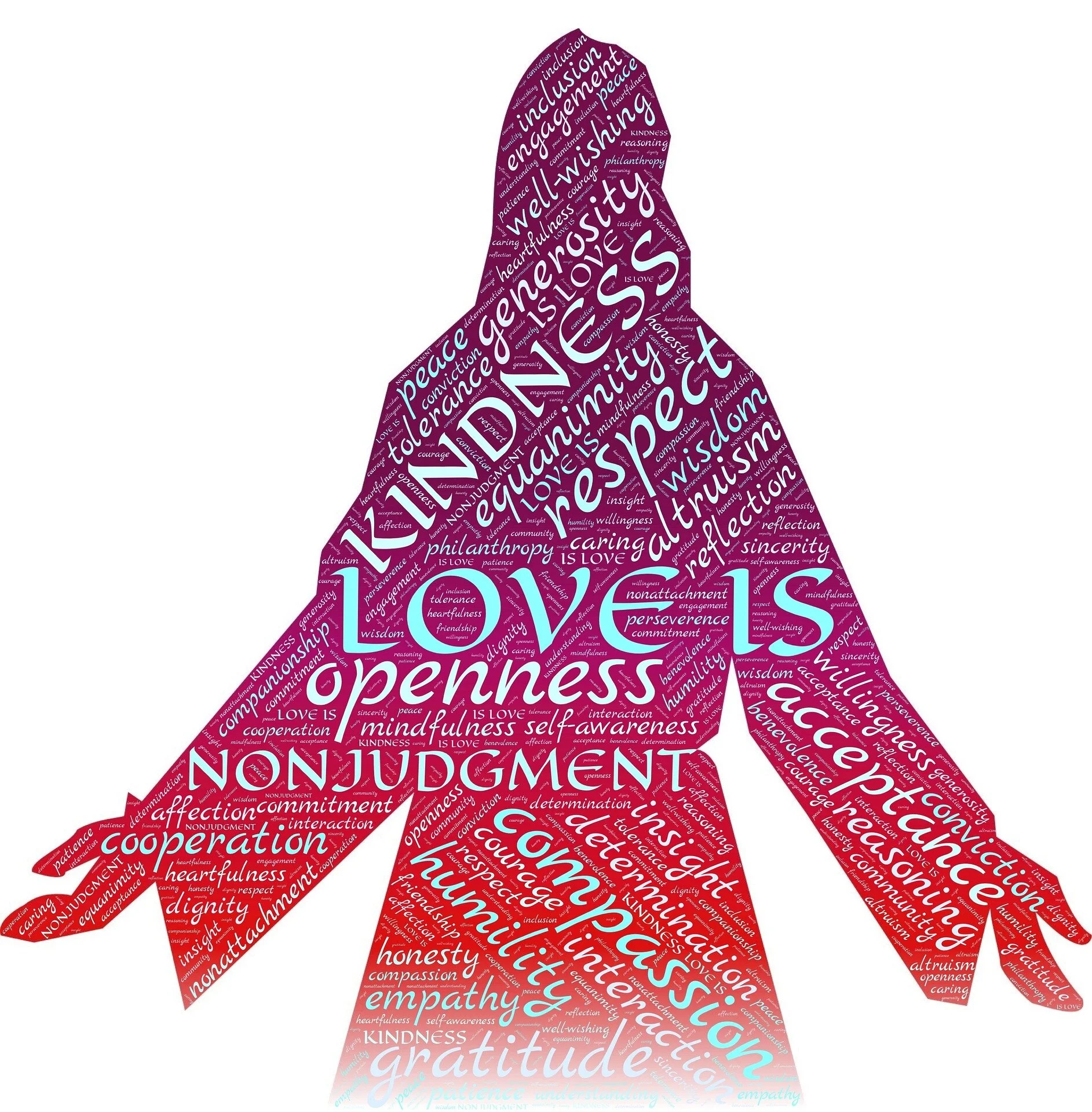Rejoice Always: It's Imperative - Part 1
Earlier this month I was talking with the Lord about my purpose and what it is that I am supposed to be doing. Like many people it seems that I have always been looking for some elusive meaning in life, but as I Christian I am fully aware my purpose is to glorify God and live a life that is pleasing to Him. True purpose aside, I am still trying to figure out what that looks like for me.
Pixabay
As a young person I knew my purpose was to go to school, try to get good grades and stay out of trouble. When I saw adulthood on the horizon, I tried to figure out what it was that God wanted me to do. I went from Christian Education to being a foreign missionary and finally ended up getting married and having a couple of kids.
Now as I approach my sixties I realize that each day my purpose might be different because over all is this idea of the sovereignty of God. Even if I plan and set about doing what I “think” He is calling me to do, He is the one in control and He has an ultimate goal, that of our salvation, and sanctification, which is basically the working out of our salvation in this life.
Still, I would like this working out to be doing that which best utilizes the talents and abilities He has given me. However, I am still presuming that what that will be is something my human mind can wrap around and that my human hands and feet can actually go and do. God is not confined to my human box. In fact, He is well outside those limiting boundaries.
A few years ago, I had a similar conversation with the Lord and He told me the same thing both times. I have to laugh at the way His voice gently chided me. “Amy, you haven’t started doing what I told you the last time. What were the three things I told you to do?”
“Rejoice always, pray without ceasing, and give thanks in all things.”
While I have tried to do better at giving thanks, I definitely fall short in the rejoicing and praying areas. I decided to start off this year with a study of the word rejoice, as that seemed to be the first thing on the list. Right now I am doing a simple word search through scripture. I am only looking for instances of the word rejoice, not rejoicing, rejoiced or joy. What I have found so far is truly amazing.
Pixabay
I knew, given the context of I Thessalonians 5:16, rejoice is a command. It is snuggled into a paragraph that talks about Christian conduct. Let’s take a look.
“12 But we ask you, brothers and sisters, to recognize those who diligently labor among you and are in leadership over you in the Lord, and give you instruction,
13 and that you regard them very highly in love because of their work. Live in peace with one another.
14 We urge you, brothers and sisters, admonish the unruly, encourage the fainthearted, help the weak, be patient with everyone.
15 See that no one repays another with evil for evil, but always seek what is good for one another and for all people.
16 Rejoice always,
17 pray without ceasing,
18 in everything give thanks; for this is the will of God for you in Christ Jesus.
19 Do not quench the Spirit,
20 do not utterly reject prophecies,
21 but examine everything; hold firmly to that which is good,
22 abstain from every form of evil.”
Pixabay
A command, or imperative is an order, putting it simply, but it is more than that. To be able to command an audience is the ability to hold their attention as well as gain their respect. The word imperative, also gives us the idea of importance. We could say the imperative is imperative! Ha, ha. When we look at these commands in Scripture we are not just looking at the straightforward order to do something, we are also embracing the importance that action has in the lives of the human throng around us.
My study of the word rejoice has led me to a book in the Bible I would have never thought to associate with this idea of rejoicing. Deuteronomy uses the word rejoice, 12 times. That might not seem like a lot, but it is a book that reiterates and goes into specifics regarding the laws Moses received at Mt. Sinai. It also deals in detail with celebrations and feasts days, all of which were planned out for the benefit of the people. Most of these events revolved around what God did for them: bringing them out of Egypt, providing for them in the wilderness and sparing them from destruction when they didn’t follow His commands.
Pixabay
“5 But you shall seek the Lord at the place which the Lord your God will choose from all your tribes, to establish His name there for His dwelling, and you shall come there.
6 You shall bring there your burnt offerings, your sacrifices, your tithes, the contribution of your hand, your vowed offerings, your voluntary offerings, and the firstborn of your herd and of your flock.
7 There you and your households shall eat before the Lord your God, and rejoice in all your undertakings in which the Lord your God has blessed you.”
Rejoicing walked hand in hand with remembering God’s goodness and provision. Webster’s Online dictionary defines rejoice as: to give joy to; to feel joy or great delight. Synonyms include the words, exuberate, glory, exult and triumph. Most of the references in Deuteronomy also include eating and celebrating. It would seem that God’s command to rejoice is a sacrifice on our part where we are giving joy back to God. In turn, we are filled with joy as we remember His goodness toward us.
It is easy to remember bad stuff. We might remember in detail the car accident, the illness, the divorce or the wayward child, but do we remember in detail all the many times God’s goodness and mercy brought us out of the captivity of our choices into the land flowing with milk and honey? This is what it means to rejoice. Just as we are encouraged to let our minds dwell on things that are pure, excellent, lovely, commendable and worth of praise (Philippians 4:8), we are commanded to remember God’s goodness and provision to us.
Since I started doing this word study, I have also been doing some praying out loud as I walk around the house. In my prayers I say, “I will rejoice…” and then I say what I am going to rejoice in. For instance, “I will rejoice when the day is sunny. I will rejoice when the day is cloudy. I will rejoice when I am full of energy. I will rejoice when I feel exhausted. I can rejoice in any and every circumstance because I rejoice in the Lord.”
In one of the studies I did a while back with Beth Moore, she suggested making an altar in our homes. Not an altar to worship a false god, but an altar of remembering all the good things that God has done. I didn’t actually make one, but I do try to bring to mind, and am trying to more regularly, those times that God stepped in. Believe me, there have been many.
Protection on me as a teenage girl.
Protection in college.
Guidance in where to go to school.
Surviving a summer mission trip to Africa where I got malaria.
Complete healing from malaria.
Meeting and later marrying a Christian man.
Staying married all these years. (If you don’t think that is God’s grace, think again. Marriage is hard!)
Two safe baby deliveries.
Homeschooling my girls all the way through high school.
Two beautiful grandsons.
This list cold go on and on and that doesn’t go into all the tiny little details; those special moments when God reached into my life and heart revealing Himself to me personally. When I start dwelling on God’s amazing goodness, I can truly rejoice!
Next week we’ll take a look at a woman who chose to rejoice, even when it was hard. Until then, have a great week.

















